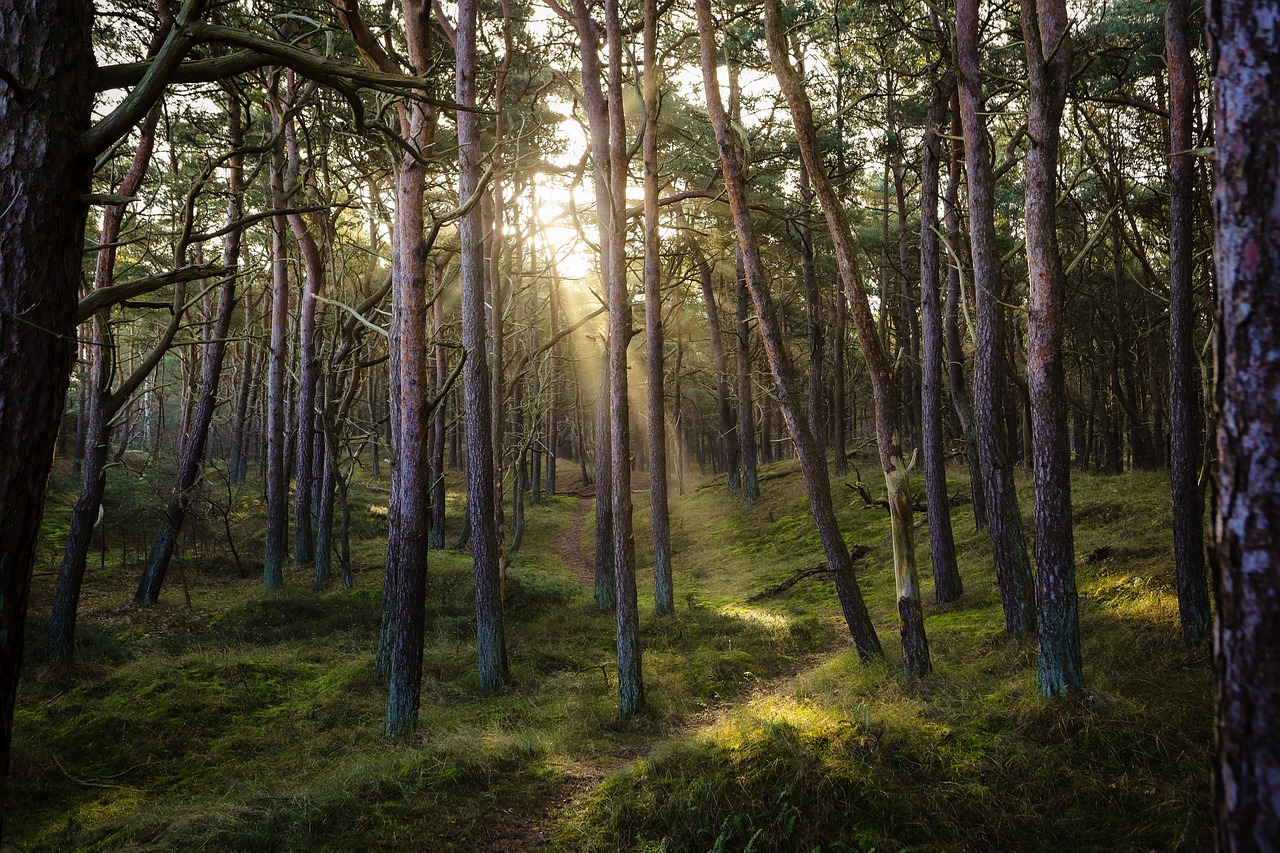Reconnecting teenagers with nature to better care for their mental health

Today, 17.5% of young people in North-West Europe suffer from mental disorders such as depression, anxiety or addiction. Mental health services are struggling to meet this growing demand. It is therefore essential to rethink therapeutic support by integrating varied, more accessible and sustainable approaches.
Faced with this reality, the Forest4Youth project, co-funded by Interreg North-West-Europe, proposes an innovative solution: exploring the therapeutic power of forests to improve teenagers' well-being. The North-West European region is covered by more than 20% of natural areas that could be used to benefit adolescents living with mental disorders.
But some patients are unable or reluctant to visit real forests due to cognitive or psychiatric disorders, mobility issues, allergies, fear of insects, unfamiliar sounds, or distance from natural spaces. For these cases, immersion in a virtual forest can serve as an alternative or complement to real-life immersion. While real forests offer a richer sensory experience, virtual reality (VR) has also shown potential for reducing stress and anxiety, although research on adolescents with mental health conditions remains very limited.
And this is where ULB comes in: two professors from the Faculty of Motor Sciences will evaluate the interest of virtual immersion in the forest (using an immersive room), both as a stand-alone therapy and in combination with immersion in the real forest, with the aim of increasing the connection to nature and/ or prolonging the therapeutic effects of forest therapy.
The forest, a space for natural recovery
Research shows that forest immersion has a direct and beneficial impact on mental health, particularly on symptoms of depression and anxiety, by reducing stress, improving mood, and promoting concentration. Yet, these natural therapies remain underutilised.
Forest4Youth is based on a unique collaboration between mental health professionals, forest and green space owners and managers. The goal is to develop accessible and scalable solutions so that young people can benefit from these therapies. The project improves the integration of forests into therapeutic devices thanks to the following results:
- identification of pilot therapeutic forests in several European countries
- the development of a treatment protocol combining real immersion in the forest and virtual reality (ULB project)
- accompanying adolescents in therapeutic programs in the forest
- training of mental health professionals and foresters
- the creation of reference centers to ensure the sustainability of the project
The project also calls on public decision-makers to integrate these solutions into health and land-use policies. As youth mental health becomes a societal emergency, natural spaces represent a valuable and widely available resource: exploiting them for their well-being is essential.
Latest Highlights:
CIVIS Secretary General encourages Associate Member Universities in Africa to shape the future of the alliance together
UNIL, UofG and Makerere rethink breathing in a changing world with Exp-Air Lab, powered by CIVIS
The saltwater tolerance is what kept the dinosaur-eating giant crocodile alive, UT-led study reveals
aMU delves into the colonial history of Marseille aboard the Mars Imperium portal
